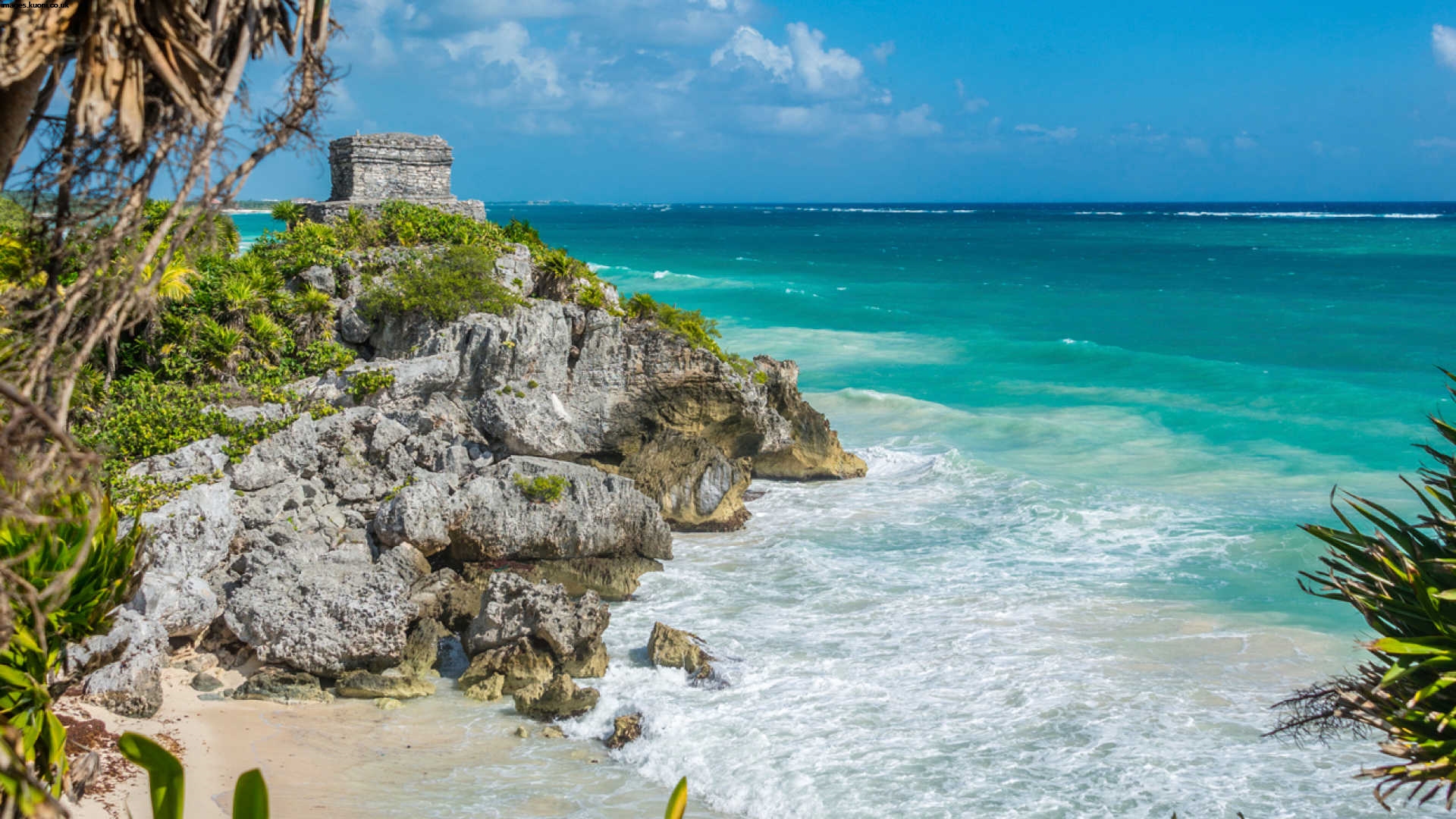
Maldives
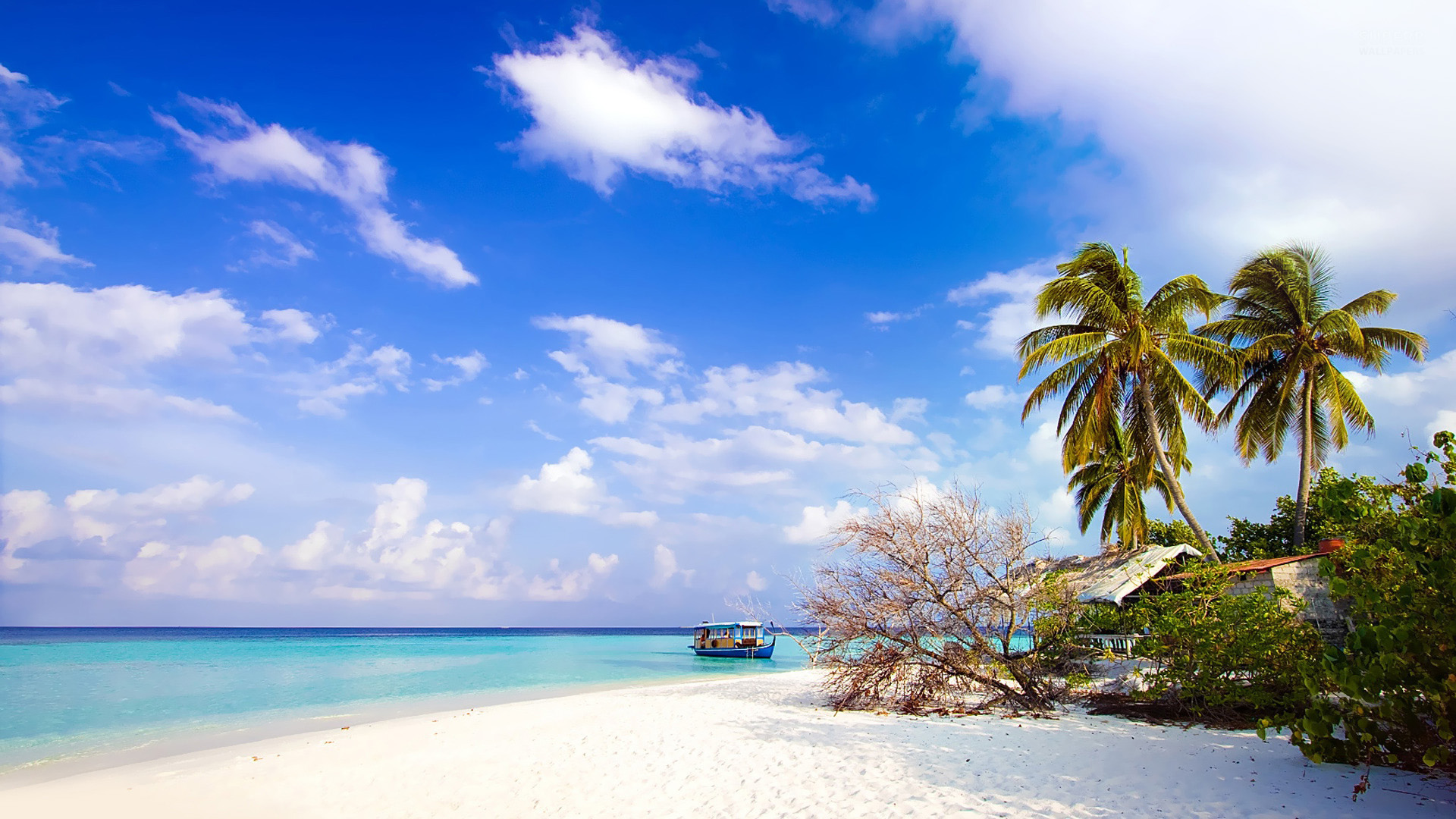
Maldives
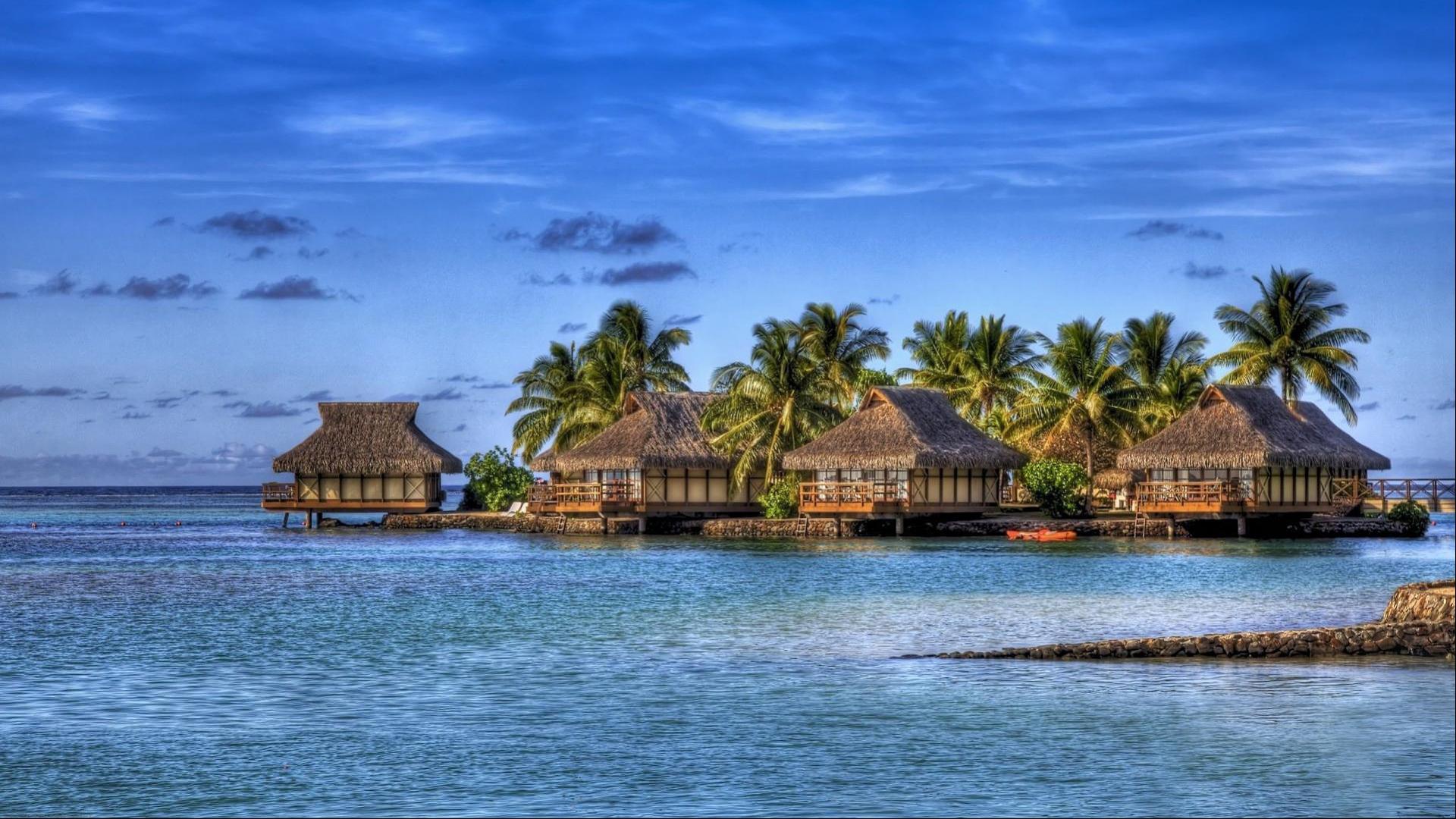



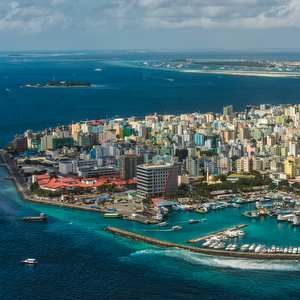
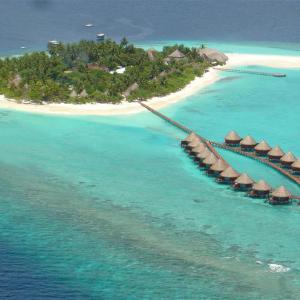
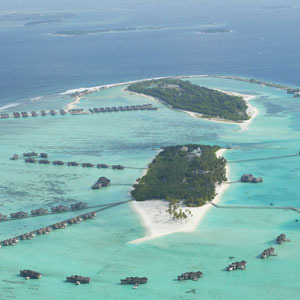
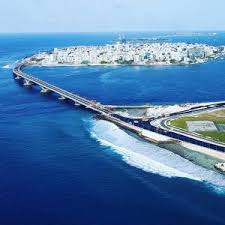
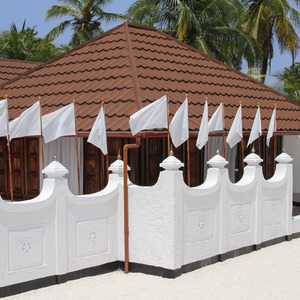
Maldivians are esteemed around the World for their hospitality and affability towards their guests. Currently the population of the Maldives is 341,256. Additionally close to 60000 registered foreigners reside in the country.
Maldivians share a similar cultural heritage, history, ancestry, homeland, language and religion. These common factors are the reason for the unity and harmony prevailing in the alluring islands.
Republic of the Maldives is a sovereign archipelagic nation positioned in the Indian Ocean. Notably, the South Asian Island nation has no counterpart in the entire world in terms of its unique geography and topography.
Maldives, the sunny side of life is blessed with magical and breathtaking displays of sunshine for the better part of a year. Similar to tropical countries, the Maldives enjoys a dry and wet season. Conveniently, the hot and humid weather is complemented with cooling sea breezes and periodic rain.
The Republic of Maldives, is a South Asian sovereign state, located in the Indian Ocean, situated in the Arabian Sea. It lies southwest of Sri Lanka and India. The chain of 26 atolls stretches from Ihavandhippolhu Atoll in the north to the Addu City in the south. Comprising a territory spanning roughly 298 square kilometres, the Maldives is one of the world's most geographically dispersed countries, as well as the smallest Asian country by land area and population, with around 427,756 inhabitants. Malé is the capital and most populated city, traditionally called the "King's Island" for its central location.
The Maldives archipelago is located atop the Chagos-Laccadive Ridge, a vast submarine mountain range in the Indian Ocean, which also forms a terrestrial ecoregion, together with the Chagos and the Lakshadweep. With an average ground-level elevation of 1.5 metres (4 ft 11 in) above sea level,it is the world's lowest country, with even its highest natural point being the lowest in the world, at 2.4 metres (7 ft 10 in).Due to the consequent risks posed by rising sea levels, the government pledged in 2009 to make the Maldives a carbon-neutral country by 2019.
The Maldivian archipelago took to Islam in the 12th century and consolidated as a sultanate, developing strong commercial and cultural ties with Asia and Africa. From the mid 16th-century, the region came under the increasing influence of European colonial powers, with the Maldives becoming a British protectorate in 1887. Independence from the United Kingdom was achieved in 1965 and a presidential republic was established in 1968 with an elected People's Majlis. The ensuing decades have been characterised by political instability, efforts at democratic reform, and environmental challenges posed by climate change.
Got a query, Get in touch (+)